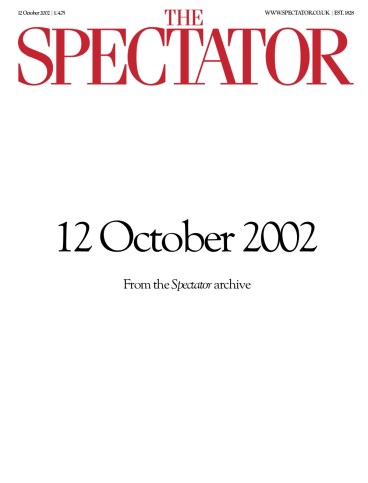Sins against theology and haberdashery
From the time I was a little girl, long before I knew I wanted to be a writer, I had three ambitions which I felt that I must achieve in order fully to realise my potential as an adult. And they were: to take drugs, to sleep with Jews and to be notorious. In short,

